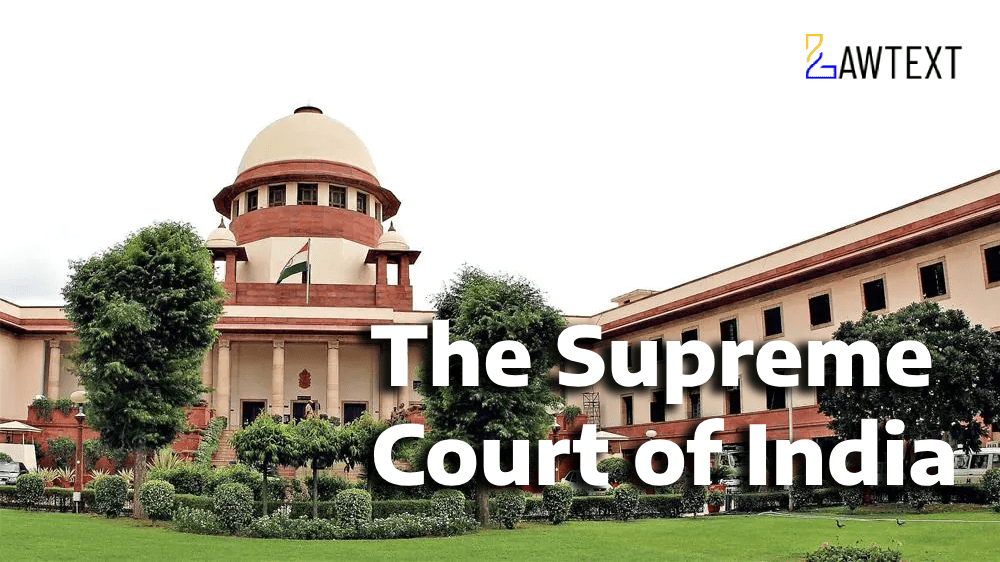Case Note & Summary
The Supreme Court addressed the partition of family properties, focusing on Regular Survey Nos. 106/2 and 44/4. The High Court had erroneously relied on an unpleaded 1965 partition, declaring the sale of these properties void. The Supreme Court overturned this, confirming that a 1984 partition governed the family’s property division. The sale deed executed by the appellant in favor of a public institution was upheld, securing the property rights of the legal heirs.
1. Background and Parties Involved:The appeals arise from a suit filed by the plaintiffs, sons, and wife of Sudheendra Desai (defendant No. 1), claiming a 5/9th share in family properties. The appellants were contesting the High Court's ruling that relied on an unsubstantiated partition from 1965.
2. Claims and Properties in Dispute:The plaintiffs sought partition of various properties listed under Schedules A, B, C, and D. The Trial Court had dismissed some claims, particularly regarding Regular Survey Nos. 106/2 and 44/4, but the High Court partially reversed this, declaring that all Schedule A properties belonged to defendant No. 1.
3. High Court Ruling on Partition:The High Court based its decision on an oral 1965 partition that was neither pleaded nor supported by evidence. It nullified the sale deed for Regular Survey No. 106/2 executed by defendant No. 7, asserting it belonged to the joint family property.
4. Supreme Court's Analysis:The Supreme Court criticized the reliance on the 1965 partition, as it was not part of the original pleadings, and amendments to introduce it were previously rejected. Instead, the 1984 partition deed was decisive, giving defendant No. 7 ownership of the disputed properties.
5. Appellate Court's Conclusion:The Court upheld the 1984 family partition, confirming that Regular Survey Nos. 106/2 and 44/4 belonged to the appellant, and the sale deed executed by him was valid. The Court rejected the claim of any violation of interim orders by defendant No. 7 since he was not a party when the order was passed.
Acts and Sections Discussed: Order VI, Rule 17 of CPC: On amendments to pleadings, highlighting the plaintiffs' failed attempt to amend the plaint to introduce the 1965 partition. Section 54 of the Transfer of Property Act, 1882: Discussed in the context of the sale deed for Regular Survey No. 106/2, which was upheld by the Court. Ratio Decidendi:The Court ruled that:
Evidence or pleadings beyond what has been permitted cannot be considered. The 1965 partition could not form the basis of judgment as it was not pleaded or proven. The 1984 partition governed the family properties, and the sale of Regular Survey No. 106/2 was valid. A litigant cannot indirectly introduce claims that have been expressly rejected through the backdoor of replication or unapproved amendments. Subjects:Family Law, Property Law, Civil Litigation
Partition Suit, Sale Deed, Pleadings, Family Property, Indian Civil Procedure
Issue of Consideration: Srinivas Raghavendrarao Desai (Dead) By Lrs. Versus V. Kumar Vamanrao @ Alok And Ors.
Premium Content
The Issue of Consideration is only available to subscribed members.
Subscribe Now to access critical case issues





